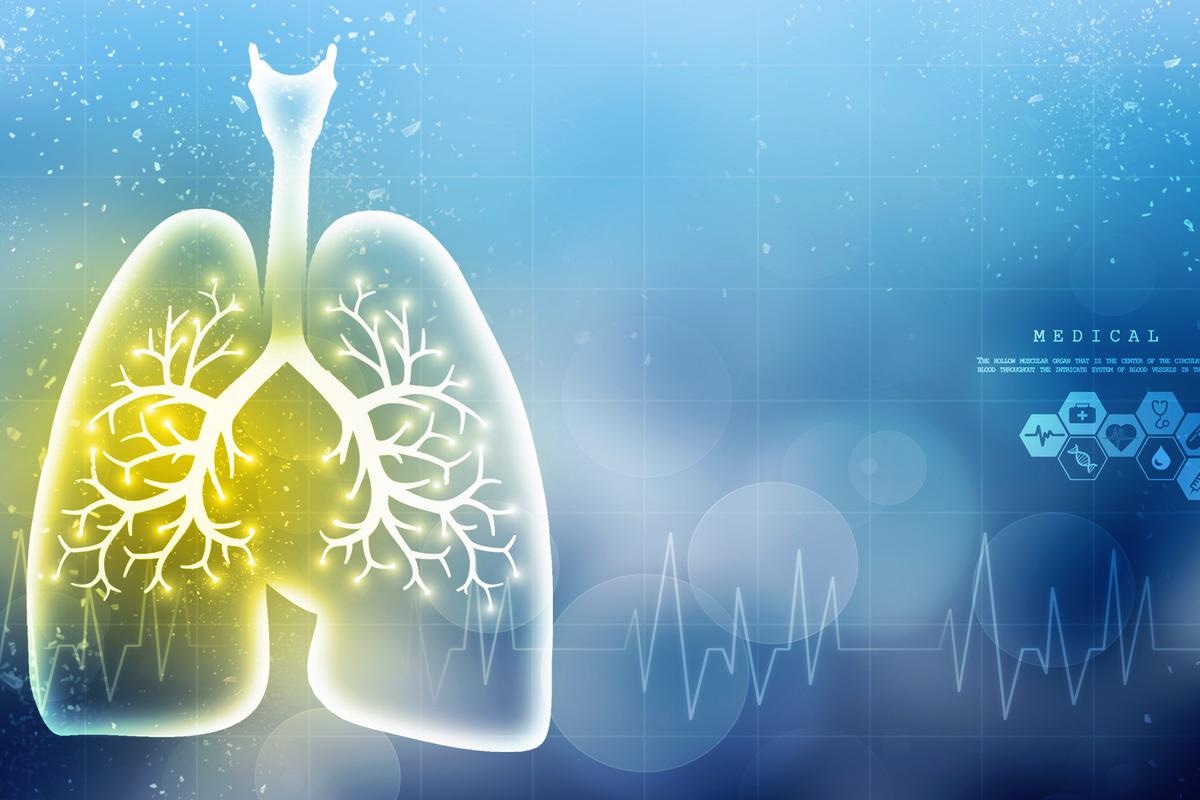The study reveals that the omicron variant replicates more effectively in the human bronchus than other SARS-CoV-2 variants. However, the variant has lower replication competence in the lungs.
 Study: SARS-CoV-2 Omicron variant replication in human bronchus and lung ex vivo. Image Credit: jijomathaidesigners/Shutterstock
Study: SARS-CoV-2 Omicron variant replication in human bronchus and lung ex vivo. Image Credit: jijomathaidesigners/Shutterstock
Background
Since the beginning of the coronavirus disease 2019 (COVID-19) pandemic in December 2019, many SARS-CoV-2 variants have emerged globally. Of these variants, five have been designated as variants of concern (VOCs) by the World Health Organization (WHO) due to increased transmissibility, virulence, or immune evasion. These VOCs include alpha, beta, gamma, delta, and omicron variants.
The most recently emerged omicron variant is characterized by a heavily mutated spike protein, with many mutations present in key neutralizing epitopes. These mutations are responsible for significantly improved immune fitness of the omicron variant. However, recent evidence suggests that omicron infections are less severe than delta infections and are associated with considerably lower mortality rates.
In the current study, the scientists have assessed the replication competence and cellular tropism (cells and tissues that support viral replication) of the omicron variant in the human bronchus and lungs.
The scientists used ex vivo explants of human bronchus and lungs as experimental models to study the kinetics of omicron replication. They have compared the replication kinetics of the wildtype D614G-containing SARS-CoV-2 and its variants alpha, beta, delta, and omicron.
The scientists also investigated the cellular tropism of wildtype SARS-CoV-2 and the variants delta and omicron by comparing their dependency on host proteins (cathepsins and TMPRSS2).
Viral replication in human bronchus and lung
The comparison of wildtype, alpha and beta replications in the human bronchus revealed that the beta variant replicates more effectively in the bronchus at 72 hours post-infection than other tested variants. Similarly, the comparison of wildtype, delta, and omicron replications revealed more than 70-fold higher replication rates of the omicron variant in the bronchus at 24- and 48-hours post-infection.
Considering viral replication in the human lung, a significantly lower rate was observed for the omicron variant compared to that of the wildtype virus. The analysis of the viral gene revealed a higher viral load in the omicron-infected bronchus than that in the wildtype- and delta-infected bronchus. In contrast, the wild-type-infected lung showed a higher viral load compared to delta- and omicron-infected lungs.
Cellular tropism
No significant difference in cellular tropism in the bronchus and lung was observed between tested viral variants. In the bronchial epithelium, higher numbers of omicron-infected cells were found compared to other tested variants. However, in the lung, lower numbers of omicron-infected cells were found.
The SARS-CoV-2 entry into host cells is facilitated by two host proteins namely angiotensin converting enzyme 2 (ACE2) and serine protease TMPRSS2. Both proteins showed significantly higher expressions in the bronchus than that in the lungs.
To investigate the preferred route of omicron entry and its dependency on TMPRSS2 or cathepsins, replication kinetics of wildtype, delta, and omicron variants were assessed in cells expressing TMPRRSS2. The findings revealed that the omicron variant has a lower replication rate than other tested variants in cells at 24 hours post-infection.
The inhibition of TMPRSS2 and cathepsins in virus-infected cells showed a significant reduction in omicron infection in response to cathepsin inhibition. In contrast, a marked reduction in delta infection was observed in response to TMPRSS2 inhibition. The inhibition of both cathepsins and TMPRSS2 resulted in the complete prevention of infection by wildtype, delta, and omicron variants.
Taken together, these findings reveal that the omicron variant prefers cathepsin-mediated endocytic pathway over ACE2- and TMPRSS2-mediated pathway to enter host cells.
Study significance
The study reveals that the omicron variant replicates more efficiently in the bronchus than in the lung, which might be the reason for its higher transmissibility and lower pathogenicity.
As suggested by the scientists, rapidly spreading omicron infections should be controlled via booster vaccination to reduce the burden on global public health.